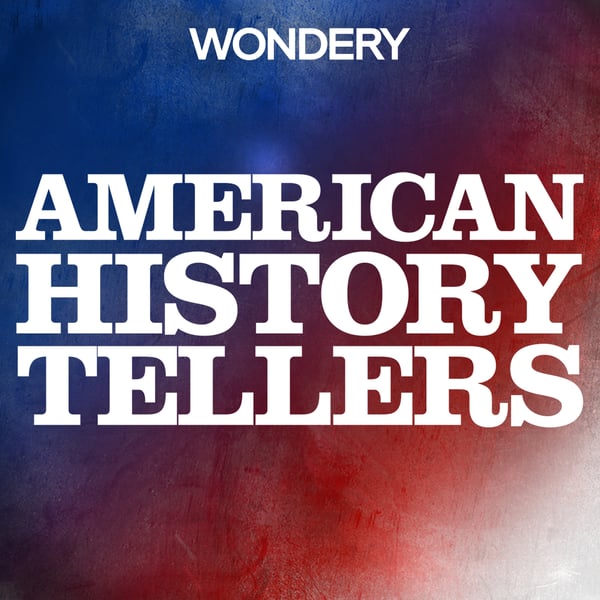The Bastard Brigade - The Accidental A-Bomb | 1
American History Tellers
Wondery
4.7 • 18.3K Ratings
🗓️ 17 July 2019
⏱️ 41 minutes
🧾️ Download transcript
Summary
The Second World War ended with two black mushroom clouds rising over the scorched remains of Hiroshima and Nagasaki. But most people don’t realize how easily the war could have ended not with an American atomic bomb but a German one, obliterating not a Japanese city but Paris, London, or even New York. As the war began, all the pieces were in place for the Germans to develop an atomic weapon. They had scientific visionaries like Werner Heisenberg, a manufacturing base committed to total war—and a big head start. The Allies were willing to go to desperate lengths to stop Adolph Hitler from getting his hands on an atomic bomb. They assembled a team of men and women to spy on, sabotage, and even assassinate members of the Nazi bomb project. They would become known as The Bastard Brigade.
But in the years leading up to the war, the scientific community couldn’t yet anticipate that artificial radioactivity was possible, let alone that it could lead to a weapon on the scale of an atomic bomb. That initial discovery would fall to a husband and wife team in Paris with a famous surname, a string of failures behind them, and a lot to prove: Frédéric and Irène Joliot-Curie.
Support us by supporting our sponsors!
See Privacy Policy at https://art19.com/privacy and California Privacy Notice at https://art19.com/privacy#do-not-sell-my-info.
Transcript
Click on a timestamp to play from that location
| 0:00.0 | Hey, prime members, you can listen to American History Tellers add free on Amazon Music, |
| 0:05.6 | download the app today. |
| 0:09.0 | Imagine this January 1939. |
| 0:21.5 | Your American scientist visiting Washington, DC for a conference. |
| 0:25.4 | The formal dinner just finished and you're filing into an auditorium for the keynote lecture. |
| 0:30.4 | The chairman strikes the gaville calling for people to take their seats. |
| 0:34.9 | Up on stage, you see Danish physicist Neel's Bohr, one of the most famous scientists |
| 0:40.2 | in the world. |
| 0:41.4 | When he speaks, people listen. |
| 0:43.6 | And tonight he's supposed to talk about low temperature physics, which is your specialty. |
| 0:48.4 | But suddenly, he announces that he's ditching that topic. |
| 0:51.3 | Instead, he wants to talk about grave new developments in nuclear research. |
| 0:55.6 | A murmur runs through the crowd. |
| 0:58.6 | He turns to the man to your left, an old colleague of yours named Bob, works at the Carnegie |
| 1:02.8 | lab down the street. |
| 1:03.9 | Well, this is strange. |
| 1:05.5 | Yeah, especially because I've never seen Bohr look so worried before. |
| 1:10.3 | Bob's a nuclear physicist, so this topic has him leaning in and intrigued. |
| 1:15.7 | Bohr starts describing some sort of experiments with uranium. |
| 1:19.8 | It's a bit technical, but it sounds like the uranium atoms end up splitting. |
| 1:24.6 | But that doesn't sound right. |
| 1:26.1 | You're not a specialist, but you know that atoms don't just split. |
... |
Please login to see the full transcript.
Disclaimer: The podcast and artwork embedded on this page are from Wondery, and are the property of its owner and not affiliated with or endorsed by Tapesearch.
Generated transcripts are the property of Wondery and are distributed freely under the Fair Use doctrine. Transcripts generated by Tapesearch are not guaranteed to be accurate.
Copyright © Tapesearch 2025.

